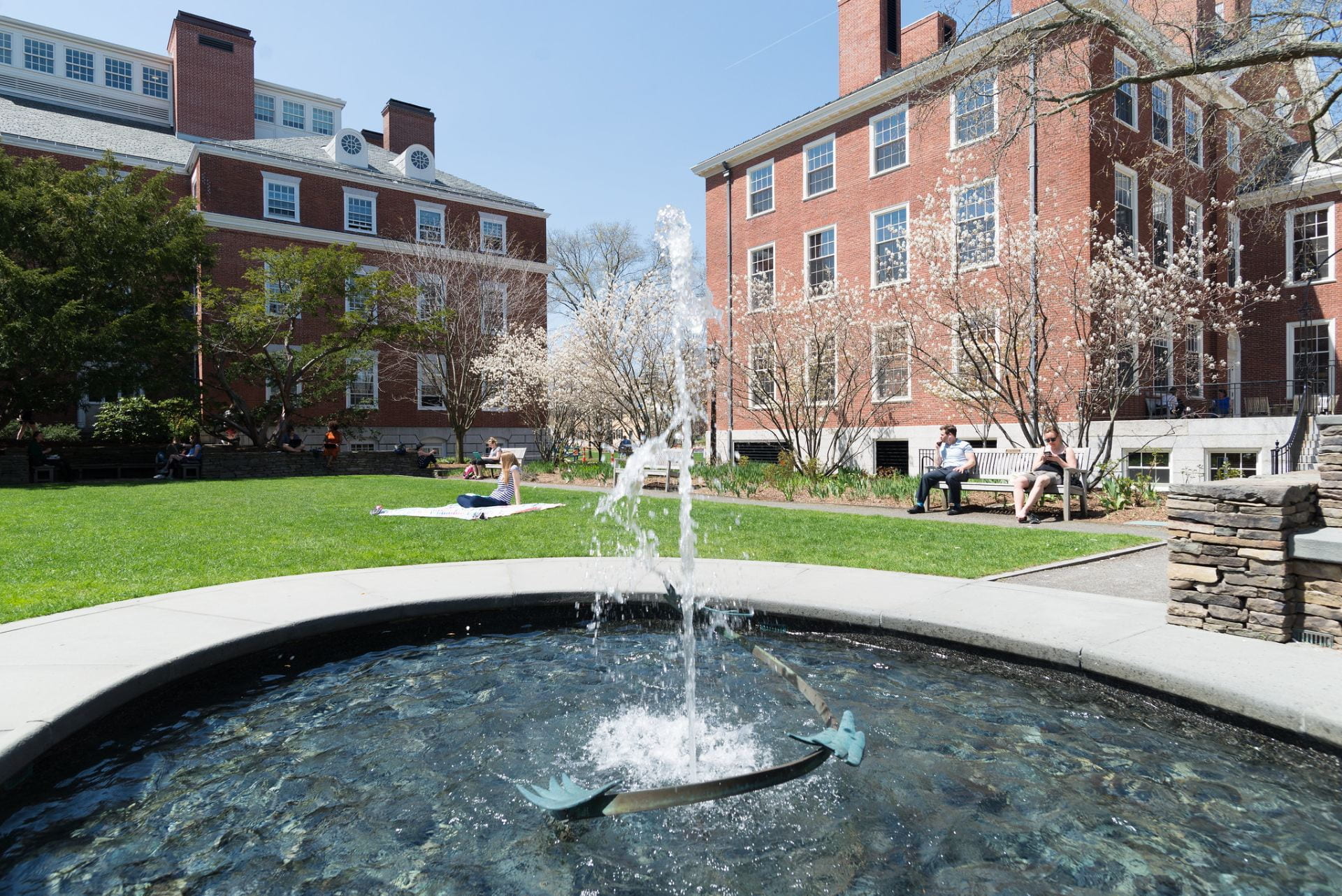The Radcliffe Exploratory Seminar on Ecologies of Skins was the inaugural meeting of the network and took place on the Radcliffe Campus on June 8–9, 2023 with generous funding from the Harvard Radcliffe Institute and assistance from the Radcliffe events team. The workshop was planned and hosted by Lisa Haushofer and Janina Wellmann, who took the initiative and inspiration for the project from the work of New Zealand microbiologist Mary J. Marples, notably her 1965 book The Ecology of the Human Skin. Over the course of two days, participants of the workshop explored skin ecologies from multiple disciplinary perspectives and coalesced their expertise around a number of themes.
First, the workshop examined ecologies, pointing to the relationship between human and non-human beings as well as to the relationship between organisms and their surroundings, including natural and cultural environments. Significantly broadening the focus from human to animals skins, the workshop also abandoned the predominant scientific focus on “the skin” as a fixed, singular entity, and instead restated skins in the plural. Skins are involved actively in their own making and remaking, according to changing environments, and with considerable variability within and across species. Third, the workshop examined the various habitats that shape and are shaped by skins and the technologies and artifices that bring about the knowledge of such ecologies.
A further emerging theme was skins’ manifold materialities – the epidermis, hides, crusts, barks, shells, membranes, or even the exoskeleton—and the cultural practices that evolved around skins throughout history, from preservation to various crafts to contemporary attempts at creating technologically enhanced skins and fusing living and non-living coverings. We also examined ecologies of skins as simultaneously entangled archives of time and timeless dynamic objects. Skins age, wear, and tear, they are shed and bring to life entirely new forms of organisms. They are lifelong companions and yet replaced regularly, leaving next to no material traces. From short-lived microorganisms to cells, evolved skin ecologies organize multiple timescales. Finally, the workshop shed light on the affective ecologies evolving around skins and complex notions of normativity, harm, symbiosis, individuality, and culture.
Some of the themes explored by participants at the workshop included:
- The registers of indexicality involved in presenting skin as contemporary art
- The idea of skin within laboratory and religious institutions
- The evolution of skin as a physical and social interface
- The relations of human and nonhuman beings to their natural and cultural surroundings via the interactions of and through the active agency of skins
Participants discussed a variety of questions, such as:
- How do the politics of skin color infiltrate or shape genetic ancestry and, therefore, our understanding of human origins and migrations? Once used to legitimize biological theories of race, how do bodily surfaces and DNA now serve the “human family” narrative?
- How does the discovery of the human microbiome change the way we view our skin?
- What perspectives can the interrogation of skins provide to reimagine the relationship of human, non-human, and technologically enhanced beings in the 21st century?
- How have conceptions of skin as environment shifted over time?
Participants of the workshop included Giovanni Aloi, Karly Etz, Irina Hron, Nina Jablonski, Tamar Novick, Desmond Ramirez, Achyuthan Srikantan, A. Delphine Tripp, and Cristina Visperas. You can learn more about their research and projects on the Participants Page.
The program for the inaugural meeting can be found here.
